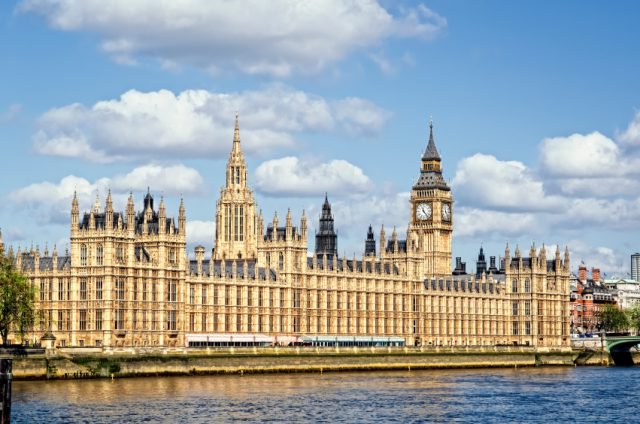The total number of mortgage approvals for house purchase dropped in July, representing the first fall in eight months.
Data from the latest Mortgage Monitor from e.surv shows that mortgage approvals dipped by 1.8% in July to 65,356, from the 66,582 recorded in June.[1]
Slip
There was also a fall on an annual basis, with 0.2% fewer mortgage approvals from the 65,517 registered in July 2014. This represented the first year-on-year decline since March of 2015.[1]
Falls in approvals come as a member of the Bank of England’s Monetary Policy Committee voted to increase the base rate from its current record low of 0.5%. Wider warnings of an increase at the beginning of next year continuing to gather pace.
Richard Sexton, director of e.surv chartered surveyors, said that,’ the Bank of England has been beating the drum over a base rate rise that has yet to appear. Their hawkish rhetoric has had a knock-on effect on the mortgage market, with some banks beginning to withdraw their lowest-interest mortgage deals. In turn, this appears to have dampened demand for house purchase lending in the short-term, whilst stimulating remortgage activity.’[1]
‘However, the mortgage market should be resilient in the face of this threat,’ Sexton continued, before claiming that ‘reforms like MMR introduced since the recession have left us with a market built to ride out storms.’ He feels that, ‘any increase to the base rate is likely to be slow and steady. The Bank of England have as much reason as anyone to be careful about rocking the boat. With incomes rising and inflation staying low, many borrowers have been making hay while the sun shines and paying down their mortgages, while others have been taking the very sensible decision to lock into low rates.’[1]
Sexton believes that, ‘for now, it’s a waiting game-but it is reassuring to see that this level of uncertainty has had a limited impact on the number of approvals. What we see here are banked coals, not fading embers.’[1]
Small-deposits
July also saw a dip in the number of small-deposit borrowers. In total, there were 10,588 small-deposit house purchase loan approvals in July, down by 5.9% on the 11,252 in June and a 7.1% annual drop from the 11,400 recorded in July 2014.[1]
What’s more, small-deposit borrowers accounted for 16.2% of all house purchase approvals in the last month, a fall from 16.9% in June and from 17.4% one year ago. Regionally, lending borrowers with a lesser deposit fell by a larger amount in the East of England and Scotland.[1]

Mortgage approvals drop in July
In the East of England, a rise in property prices has seen many buyers with smaller deposits alienated, with the proportion of small-deposit lending in the region falling to 14% of all house purchase mortgage approvals. North of the border, just 9% of all Scottish house purchase mortgages approved in July went to borrowers with a low deposit, down from 11% in June.[1]
Vulnerable
Mr Sexton explained that, ‘smaller-deposit borrowers-typically first-time buyers, tend to be more vulnerable to change than other mortgage holders. Consequently, we have seen some slowdown in this sector. But they still remain a significant proportion of the total house purchase mortgage market, even with some understandable nervousness over the prospect of a rate rise.’[1]
‘Though some of the ‘ultra-low’ fixed rate repayment plans are being reeled in, there is still a wide range of cheap deals on offer. Stiff competition between lenders has broken a lot of new ground in terms of low rates. We shouldn’t be overly concerned by the very cheapest offers being reined in – there is still a wealth of deals and schemes that are helping borrowers with small deposits get onto the property ladder. The real heart of the issue has always been a shortage of supply. This tension at the bottom of the market will persist until more homes are built and made available to first-time buyers,’ Sexton continued.[1]
Concluding, Sexton said, ‘The falling proportion of lending to borrowers with smaller deposits in the East of England shows that borrowers across the country need support. Property price inflation has started to nip at the heels of smaller-deposit lending in the East, further emphasising the importance of the Help to Buy scheme, which is helping many borrowers put together enough of a deposit to get on the housing ladder, even as prices climb.’[1]
[1] http://www.propertyreporter.co.uk/property/mortgage-approvals-slip-in-july.html











